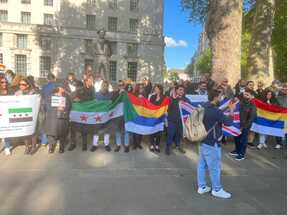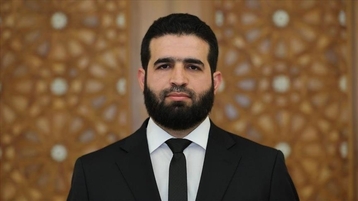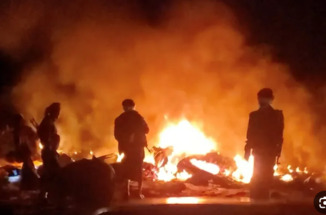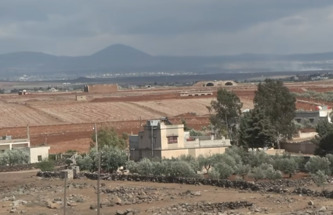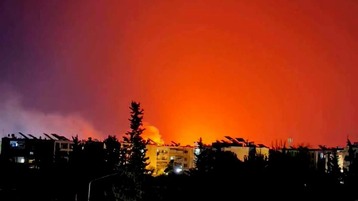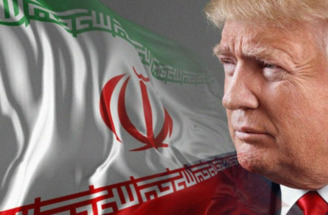-
The Muslim Brotherhood: Between Condemning "Aggression" and Celebrating "Nasrallah's Demise".. Stark Contradictions Expose the Depth of Opportunism
-
The Muslim Brotherhood's conflicting positions on regional events reflect extreme political pragmatism and opportunism, going beyond tactical flexibility to outright contradiction, raising questions a
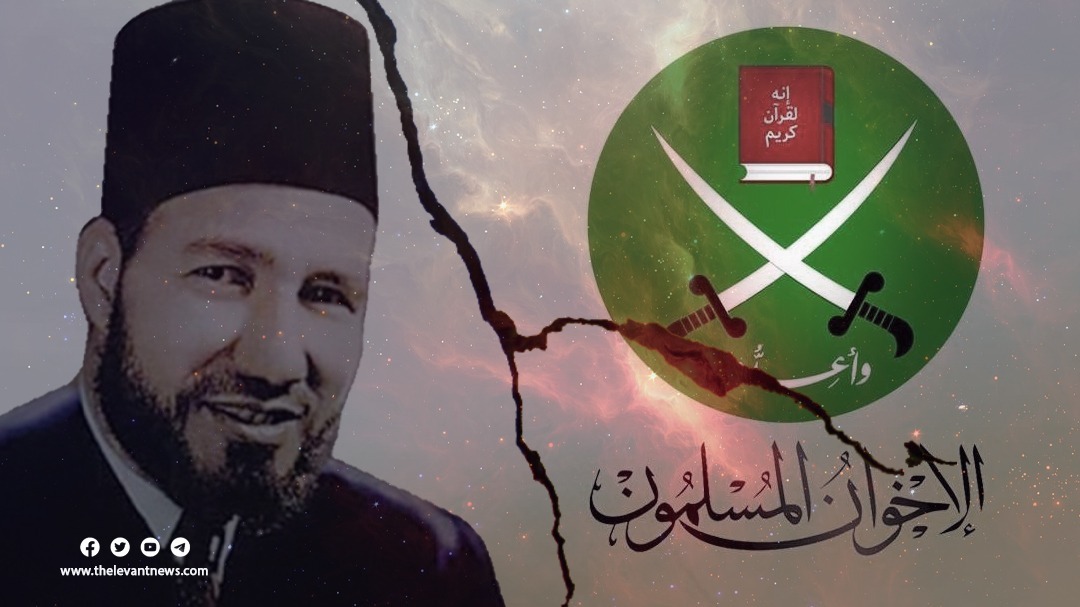
Starkly contradictory statements issued by branches of the Muslim Brotherhood in Egypt and Syria have revealed sharp double standards and a lack of unified vision for the organization, raising serious questions about its credibility and internal cohesion, and highlighting a deep identity crisis it is suffering from.
In a statement issued by the parent organization in Egypt, it said: "The Muslim Brotherhood reiterates its condemnation of the barbaric Israeli aggression against the Lebanese Republic, targeting the Lebanese resistance supporting our people in Palestine, and assassinating several of its leaders, foremost among them Mr. Hassan Nasrallah, the Secretary-General of Hezbollah." The statement added: "The Muslim Brotherhood extends its condolences to the Lebanese Hezbollah, Lebanon, and its people for the victims of this sinful aggression."
In contrast, the organization's branch in Syria issued a completely different statement, which read: "We in the Muslim Brotherhood in Syria, like the free Syrian people and all the free people in the Arab and Islamic world, who are afflicted by the fire of the hateful Iranian sectarian aggressive project, received with great joy and pleasure the news of the demise of the criminal 'Hassan Nasrallah,' leader of the sectarian Lebanese 'Hezbollah' organization."
This stark contradiction highlights the deep divisions within the Muslim Brotherhood, revealing an extreme pragmatic policy adopted by the organization's branches in various Arab countries. Each branch issues statements that align with its local interests, regardless of their fundamental contradiction with the positions of other branches or the parent organization.
This discrepancy is also clearly evident in each branch's stance towards Hezbollah and Iran. While the parent organization in Egypt describes Hezbollah as "the Lebanese resistance supporting our people in Palestine," the Syrian branch describes it as a "sectarian organization" and "wallowing in the blood of the Syrian people." The Syrian statement explicitly refers to the "hateful Iranian sectarian aggressive project," while the Egyptian statement avoids any negative reference to Iran.
Interestingly, both statements attempt to present themselves as defenders of the Palestinian cause. The Egyptian statement affirms that "resisting the Israeli occupation is a right and duty for every Muslim everywhere; until all of Palestine is liberated," while the Syrian statement refers to "our complete loyalty to Palestine, Gaza, and the heroic resistance there." This contradiction reveals attempts by each branch to exploit the Palestinian cause for local political gains, without regard for its impact on the credibility of the organization as a whole.
The divergence in the two branches' positions on "Israeli aggression" is also prominent. While the Egyptian statement strongly condemns what it describes as "Israeli bullying in the Arab region," the Syrian statement suffices with a brief phrase: "We denounce the Zionist enemy's targeting of civilians in Lebanon," while emphasizing "the danger of the Zionist project and that it is destructive and criminal."
Observers point out that this duality in positions could have severe repercussions on the future of the Muslim Brotherhood in the region. On one hand, these contradictions weaken the organization's ability to present itself as a coherent political force with a clear vision. On the other hand, these divisions may lead to further fragmentation within the organization's ranks, which could reduce its political influence in the future.
Analysts view this duality in discourse as reflecting a deep identity crisis within the Muslim Brotherhood, where the local interests of each branch have come to overshadow any unified vision or shared ideology. These contradictions point to the absence of effective central leadership capable of unifying the organization's positions on major regional issues.
Levant - Follow up
You May Also Like
Popular Posts
Caricature
BENEFIT Sponsors BuildHer...
- April 23, 2025
BENEFIT, the Kingdom’s innovator and leading company in Fintech and electronic financial transactions service, has sponsored the BuildHer CityHack 2025 Hackathon, a two-day event spearheaded by the College of Engineering and Technology at the Royal University for Women (RUW).
Aimed at secondary school students, the event brought together a distinguished group of academic professionals and technology experts to mentor and inspire young participants.
More than 100 high school students from across the Kingdom of Bahrain took part in the hackathon, which featured an intensive programme of training workshops and hands-on sessions. These activities were tailored to enhance participants’ critical thinking, collaborative problem-solving, and team-building capabilities, while also encouraging the development of practical and sustainable solutions to contemporary challenges using modern technological tools.
BENEFIT’s Chief Executive Mr. Abdulwahed AlJanahi, commented: “Our support for this educational hackathon reflects our long-term strategic vision to nurture the talents of emerging national youth and empower the next generation of accomplished female leaders in technology. By fostering creativity and innovation, we aim to contribute meaningfully to Bahrain’s comprehensive development goals and align with the aspirations outlined in the Kingdom’s Vision 2030—an ambition in which BENEFIT plays a central role.”
Professor Riyadh Yousif Hamzah, President of the Royal University for Women, commented: “This initiative reflects our commitment to advancing women in STEM fields. We're cultivating a generation of creative, solution-driven female leaders who will drive national development. Our partnership with BENEFIT exemplifies the powerful synergy between academia and private sector in supporting educational innovation.”
Hanan Abdulla Hasan, Senior Manager, PR & Communication at BENEFIT, said: “We are honoured to collaborate with RUW in supporting this remarkable technology-focused event. It highlights our commitment to social responsibility, and our ongoing efforts to enhance the digital and innovation capabilities of young Bahraini women and foster their ability to harness technological tools in the service of a smarter, more sustainable future.”
For his part, Dr. Humam ElAgha, Acting Dean of the College of Engineering and Technology at the University, said: “BuildHer CityHack 2025 embodies our hands-on approach to education. By tackling real-world problems through creative thinking and sustainable solutions, we're preparing women to thrive in the knowledge economy – a cornerstone of the University's vision.”
opinion
Report
ads
Newsletter
Subscribe to our mailing list to get the new updates!

